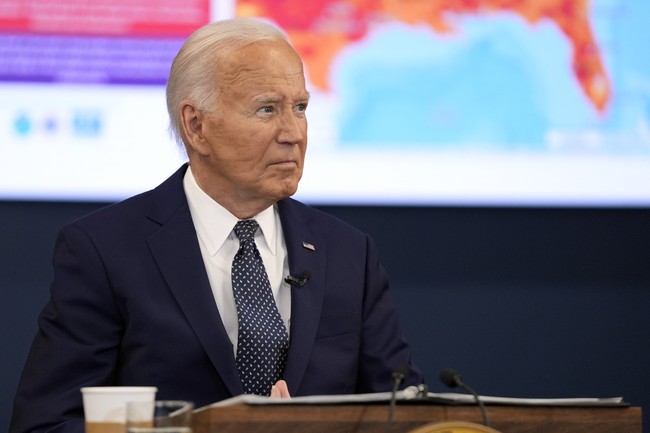Chess Revolution: Gukesh's Unprecedented Triumph
Discover how Gukesh Dommaraju, an 18-year-old chess prodigy from India, made history as the world's youngest chess champion. Uncover the thrilling journey that captivated the global chess community.
Published December 15, 2024 - 00:12am

Image recovered from medindia.net
The world of chess has witnessed a transformative moment as the young Indian prodigy, Gukesh Dommaraju, clinched the title of the youngest chess world champion, a remarkable achievement that left audiences spellbound. At only 18 years old, Gukesh has surpassed the legendary Garry Kasparov's record set in 1985 when he won the world championship at the age of 22. The chess match, held in Singapore, was nothing less than a riveting spectacle.
The defining moment of the championship came in the climactic 14th game, where Gukesh faced off against China's Ding Liren. The championship battle was intensely competitive and seemed headed for a draw, but Ding's unexpected blunder at the 55th move granted Gukesh an advantage he skillfully seized. This pivotal mistake allowed Gukesh to secure the championship with a final score of 7.5-6.5. This victory not only reshaped Gukesh's career but marked a historical moment for Indian chess, echoing the legacy of Viswanathan Anand, who held the championship from 2007 to 2013.
Gukesh's journey to the top reads like a chess fairy tale. Born in Chennai, India, he started playing chess at the age of seven and rapidly ascended the ranks to become a Grandmaster by twelve, making him one of the youngest in history to receive this honor. Known for his poise and strategic insight, he has captured the attention of the international chess community. Earlier this year, he claimed victory in the FIDE Candidates Tournament, a prelude to his triumph on the world stage.
The championship in Singapore was accentuated by high-stakes games marked by Gukesh's tactical brilliance and mental tenacity. Ding Liren, despite his commendable skill, succumbed to critical time pressure, leaving him vulnerable to Gukesh's strategic onslaught. However, this contest was not just a series of technical moves but also an exhibition of profound psychological strategy, where each participant tested the other's mental acuity and resilience.
Celebrations erupted across India upon Gukesh's win, with the nation taking immense pride in his achievement. His success has stirred hope for India's emerging talents in the world of chess. His performance at the Budapest Chess Olympiad, where he bagged two gold medals, had already positioned him as a firm contender for the title, adding to the growing anticipation of his victory.
The historical implication of Gukesh's win signifies a shift in global chess dynamics, showcasing the growing influence of younger and Asian chess players in traditionally European-dominated championships. This generational shift challenges assumptions about age and experience in chess, emphasizing preparation and strategic foresight enhanced by modern technology.
Gukesh's triumph is a testament to the flourishing chess culture in Asia, underscoring the importance of early development programs and technological advancements in enhancing a player's skill set. It is a momentous victory that inspires young players worldwide, highlighting the increasing competitiveness and innovative spirit within the chess community.
Looking forward, Gukesh remains grounded and focused. He approaches each game with humility and dedication, reflecting a maturity beyond his years. His future endeavors are eagerly anticipated, as he becomes not only a role model for young chess players but a symbol of the relentless pursuit of excellence.







